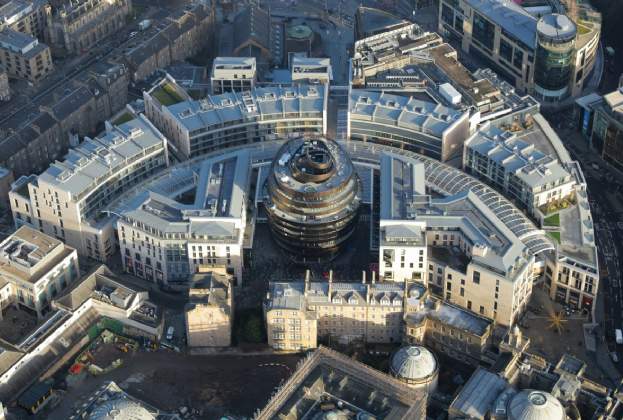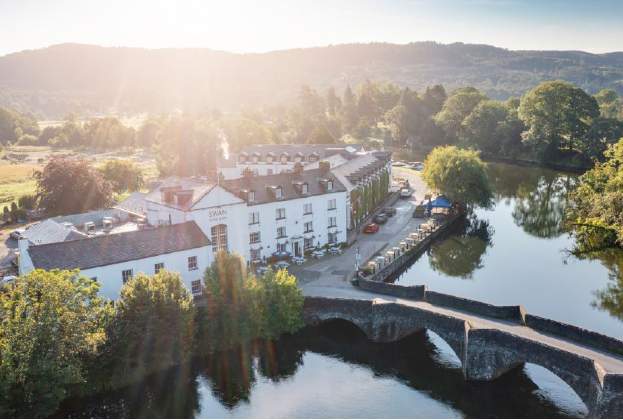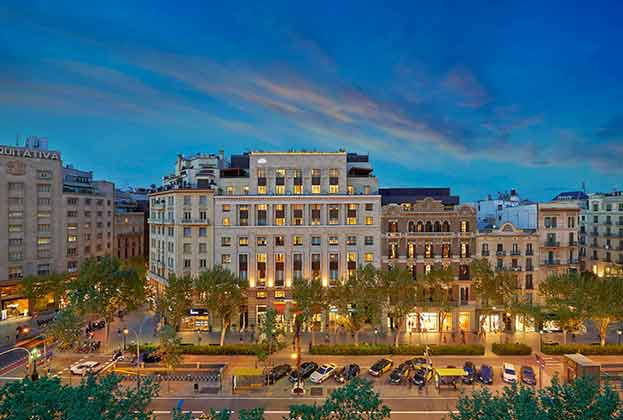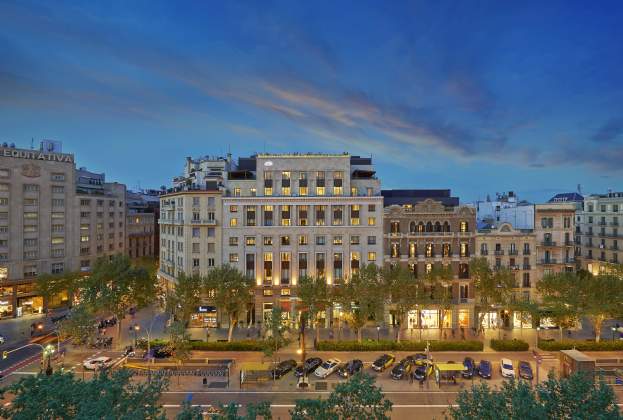Millennials frequently cherish experiences over possessions and, when it comes to their taste in hotels, this certainly appears to be true. Seeking value and location over plush furnishings, rosette-rated restaurants and luxury suites are the hallmarks of younger visitors.
Business travellers and those in shift work can relate to these desires, too, looking for a base rather than a destination. The rise in the likes of Airbnb also attests to it: removing the hotel hallmarks of daily laundered sheets and room service and instead prioritising location and convenience.
In line with the trend, the hotel market is adapting, with value operators looking to maximise space and minimise frills in the world’s big cities. Examples include the Yotel hotels in Gatwick and Heathrow airports that are packed with windowless rooms based on a 'pod' model, or the (former) Tune and Z Hotels in Central London that choose ‘inside’ rooms to maximise their room count. These hotels use design tricks such as a fold out desks and elevated cabin beds to provide a space-efficient crash pad for guests.
To balance out smaller rooms, there is often a focus on the communal spaces, with large open-plan areas where guests can mingle. These are in place of the usual bars and restaurants found in larger hotels, which are less important for a guest on an overnight stop-off or those who would rather explore the city they’re staying in.
From a developer's perspective, the loss of a window opens up the hotel to a host of new layout possibilities. The bedrooms no longer need to run the edge of the building and they can instead be put back-to-back. This can significantly increase the number of guests that can be accommodated within a building, a real bonus for markets with high barriers to entry such as London, Oxford and York.
A prime example is the recent green light for London’s first underground hotel to be built on the fourth and fifth levels of a former NCP underground car park on Tottenham Court Road, London.
As the way we travel changes, the hotels we stay in will adapt to reflect our needs. The desire for budget-friendly, no-frills accommodation has caused an overhaul of the options available to the consumer, with the mix of products available now including Airbnb and windowless hotel bedrooms to complement the more traditional offerings.
Further information
Read more: Redesigning the meaning of a branded hotel
.jpg)


.jpg)
.jpg)





